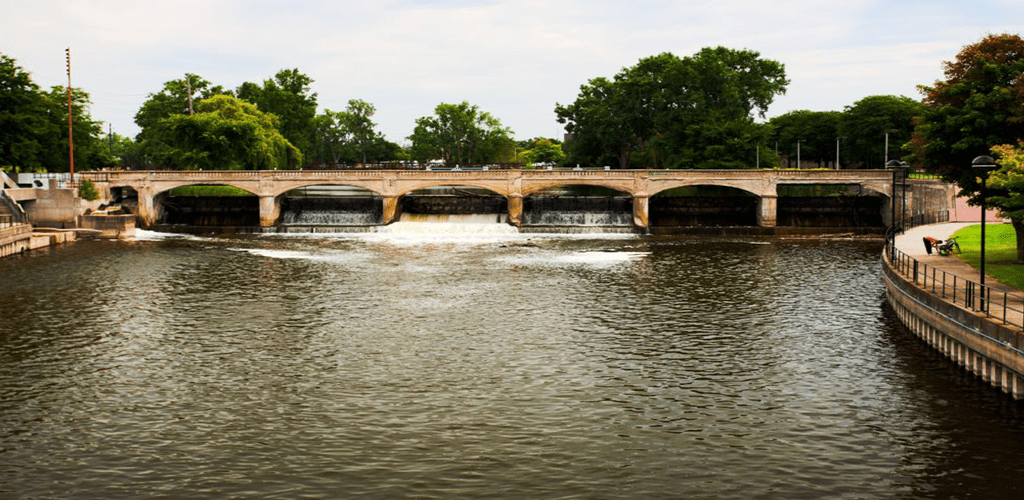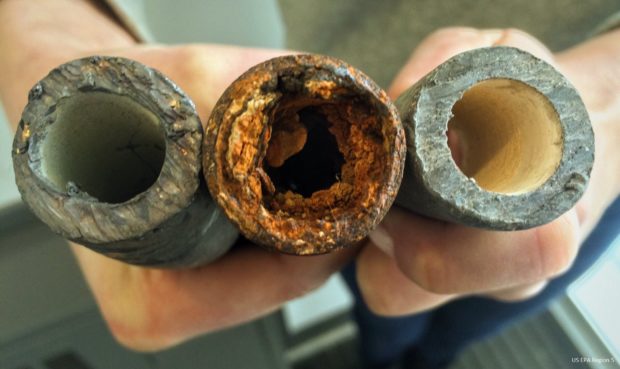We have much more to do and your continued support is needed now more than ever.
City of Flint Needs Our Help
Emergency Declaration for Flint Expires Before Congress Acts to Help Community

Amidst this Congressional inaction, the federal emergency declaration authorizing the Federal Emergency Management Agency to provide resources and support for Flint expires on August 14, 2016. This means the state will now bear the full burden of water supply costs like bottled water and filters, though federal agencies remain committed to restoring the drinking water system.
In 2014, Flint stopped purchasing drinking water from Detroit, and instead started pumping it from the local Flint River to save money. Over a year later, the city switched back to using Detroit’s water, but not before thousands of children were exposed to lead. Residents, who immediately voiced concerns over the brown, smelly water flowing from their taps were ignored, and then lied to about the safety of their drinking water.
Congress must move immediately to provide federal aid to Flint to update its water infrastructure and to help minimize the health impact of lead on Flint’s citizens. Flint’s families need immediate federal relief as well as long-term water infrastructure improvements to help them move forward.
Take Action
How to Fix Flint
Investing in and upgrading our nation’s water infrastructure is vital to fixing Flint and preventing another environmental and public health disaster. A report by the American Water Works Association found that much of our drinking water infrastructure is reaching the end of its useful life and needs to be rebuilt and replaced. Postponing investments in our drinking water infrastructure will only make the problem worse.
Currently, the Drinking Water State Revolving Fund provides financial aid to water systems to improve drinking water infrastructure, and the Clean Water State Revolving Fund provides financial support for water quality infrastructure projects like wastewater and stormwater treatment, agricultural non-point pollution reduction, and water reuse projects. Both programs should be reauthorized with increased funding to help utilities make necessary infrastructure updates.
In addition to updating aging infrastructure, we also need to better manage the quality of the water flowing into our pipes. The more polluted our source waters are, the more treatment is required in order to make the water drinkable before it even enters municipal water systems.
The Flint River was already polluted from biological, industrial, and human waste, contaminating it with bacteria and heavy metals. Road salt runoff raised chlorine levels in the river, making it more acidic. In order to disinfect the water, the city also added chlorine, and the water became so corrosive it chewed away at the city’s aging water pipes, leaching lead into the drinking water.
By protecting streams, wetlands, and floodplains, we protect our nation’s drinking water supply. Currently, small streams and wetlands that contribute to the drinking water for one third of Americans are at risk of pollution. These same waters that contribute to our drinking water supply are also home to numerous fish and wildlife species that also benefit from cleaner water. If we better protect our source waters, it will reduce the cost of and need to treat drinking water before it enters our homes.

Although the federal emergency declaration for Flint is expiring, the disaster is far from over for the community. Water quality has improved since the city switched back to using water from Lake Huron, but Flint’s families are still unable to drink the water flowing into their homes without using a filter. The state of our nation’s water infrastructure all but guarantees that a similar disaster could happen somewhere else – something we simply cannot afford.
Continued inaction is unacceptable. Tell Congress to immediately move forward with effective relief efforts to help Flint recover and to protect our nation’s water quality.
Take Action





















